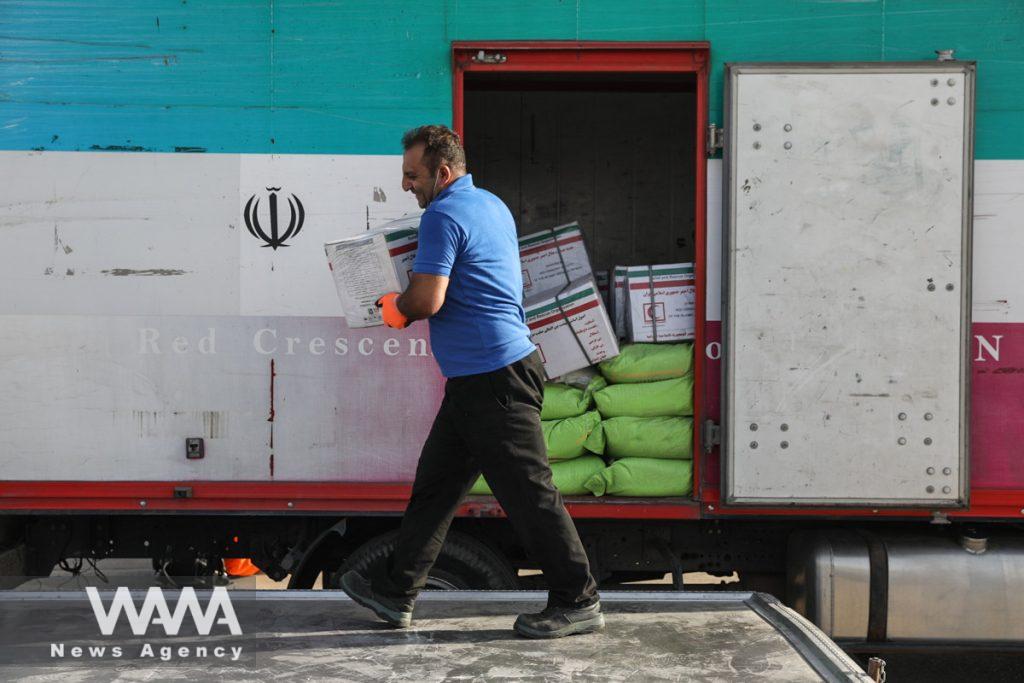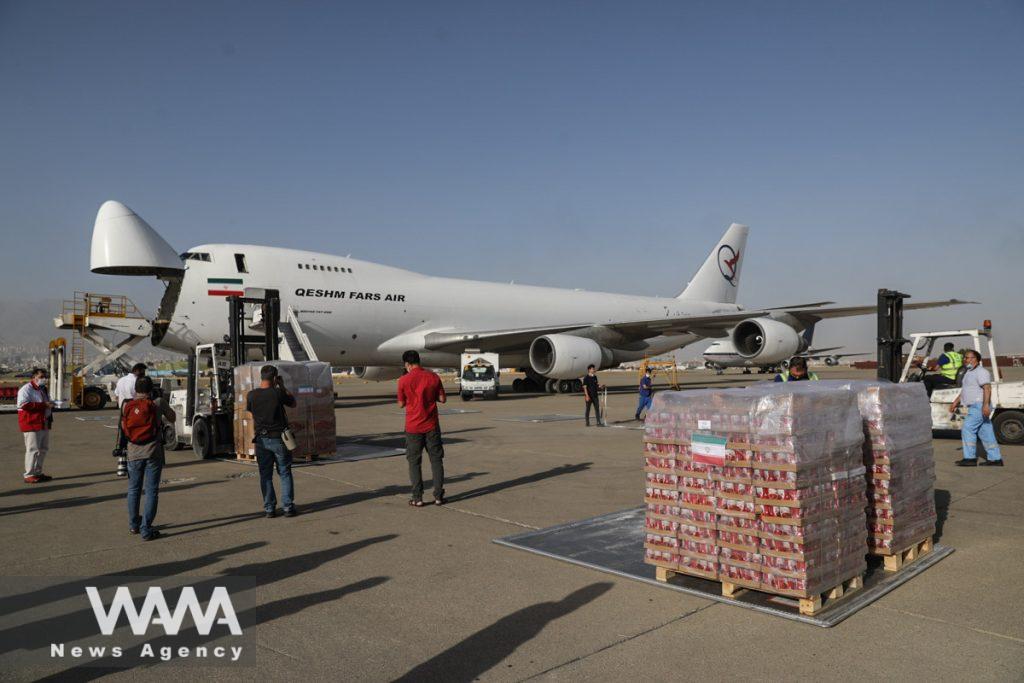Under Siege: Global Crises and Iran’s Humanitarian Perspective
WANA (Nov 27) – Siege tactics, among the most devastating tools of modern warfare, are leaving millions of civilians in dire humanitarian conditions. Blockades in Gaza, Burkina Faso, Myanmar, and Yemen prevent access to essential resources such as food, water, and medical aid, violating international norms and plunging communities into starvation, disease, and displacement. Amid global inaction, Iran has positioned itself as a vocal critic of siege warfare, leveraging its own experiences to advocate for humanitarian relief and justice.
Iranian Foreign Minister Abbas Araghchi emphasized Iran’s support for the people of Gaza and criticized international inaction: “The humanitarian crisis in Gaza is unprecedented, and the international community’s failure to act will be remembered as a stain on global conscience.”
In Gaza, the October 2024 intensification of a long-standing blockade has led to a humanitarian catastrophe. Civilians are deprived of electricity, food, water, and medical supplies, exacerbating suffering on an unprecedented scale.
Similar crises unfold in Burkina Faso, where armed groups encircle villages, and in Myanmar, where the ruling junta weaponizes starvation to suppress resistance. The ripple effects are global; for example, Russia’s blockade of Ukrainian ports has disrupted food supplies worldwide, deepening the hunger crisis in vulnerable regions.
Despite international humanitarian laws prohibiting such tactics, enforcement remains weak, allowing sieges to persist with impunity.
Iran has consistently condemned siege tactics as collective punishment and violations of international law. Tehran’s strong opposition to the Gaza blockade stems from a broader commitment to justice and humanitarian principles. Iranian leaders have frequently urged the global community to intervene, framing sieges as inhumane acts that disproportionately target civilians.
Mohammad Marandi, a political analyst close to Iranian decision-makers, highlighted the urgency of addressing humanitarian needs, saying, “A ceasefire is not just a political necessity but a moral imperative to allow humanitarian corridors for urgent aid to those suffering in Gaza.” He also pointed to the global response as inadequate in holding aggressors accountable.
Iran’s advocacy draws parallels with its own history of enduring sanctions, which it often refers to as an “economic siege.” These shared challenges have shaped Iran’s perspective on resilience and its critique of blockades as tools of oppression.

The cargo workers are working at the Loading Operation of Iran’s Humanitarian aid to Lebanon after a Massive blast in the Beirut Port area, Mehrabad Airport, west of Tehran, Tehran, Iran, August 05, 2020. Majid Asgaripour /WANA (West Asia News Agency)
Iran’s Humanitarian Contributions
Beyond rhetoric, Iran has engaged in direct humanitarian efforts. The Iranian Red Crescent Society has sent aid to besieged regions, including Gaza, and has worked with international organizations to support displaced and vulnerable populations.
Iranian diplomacy has also focused on negotiating aid corridors and lobbying for international action against violations of humanitarian law.
Iran’s experience navigating economic sanctions has also led to innovative coping mechanisms, such as boosting local production and resource efficiency. These strategies could offer valuable lessons for communities under siege globally.
Iran’s advocacy underscores the urgent need for global mechanisms to address siege warfare effectively. Proposed measures include:
- Strengthening international enforcement of humanitarian laws.
- Creating robust aid delivery systems.
- Holding violators accountable through international courts.
Siege warfare remains one of the most pressing humanitarian challenges of our time. Iran’s dual role as a critic and contributor to relief efforts highlights the importance of global solidarity in addressing these crises.
As the international community faces growing calls for action, Iran’s voice adds urgency to the need for resilience, compassion, and justice in the face of conflict.

The cargo workers is working at Loading Operation of Iran’s Humanitarian aid to Lebanon after Massive blast in Beirut Port area, Mehrabad Airport, west of Tehran, Tehran, Iran August 05, 2020. Majid Asgaripour /WANA (West Asia News Agency)













